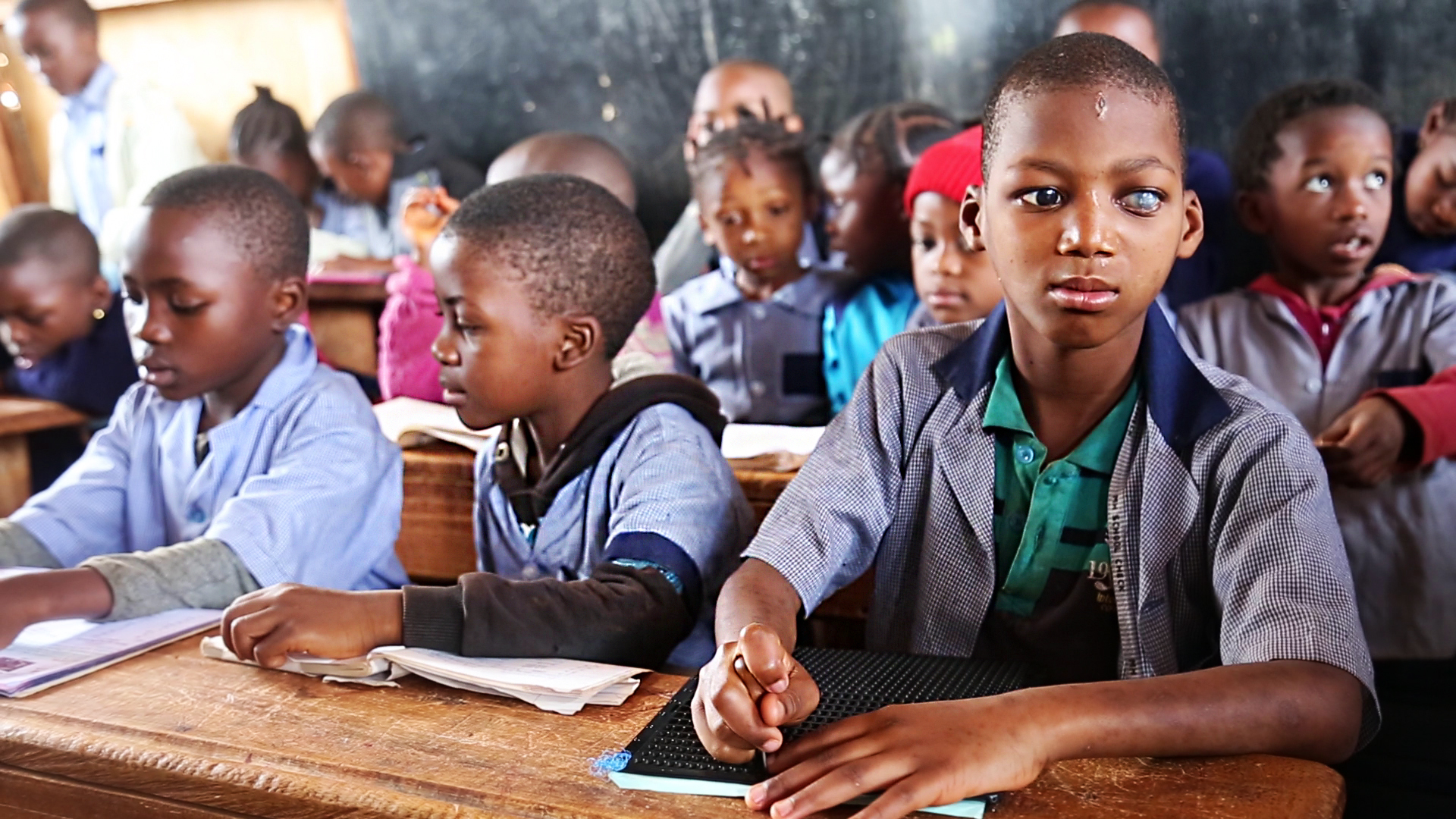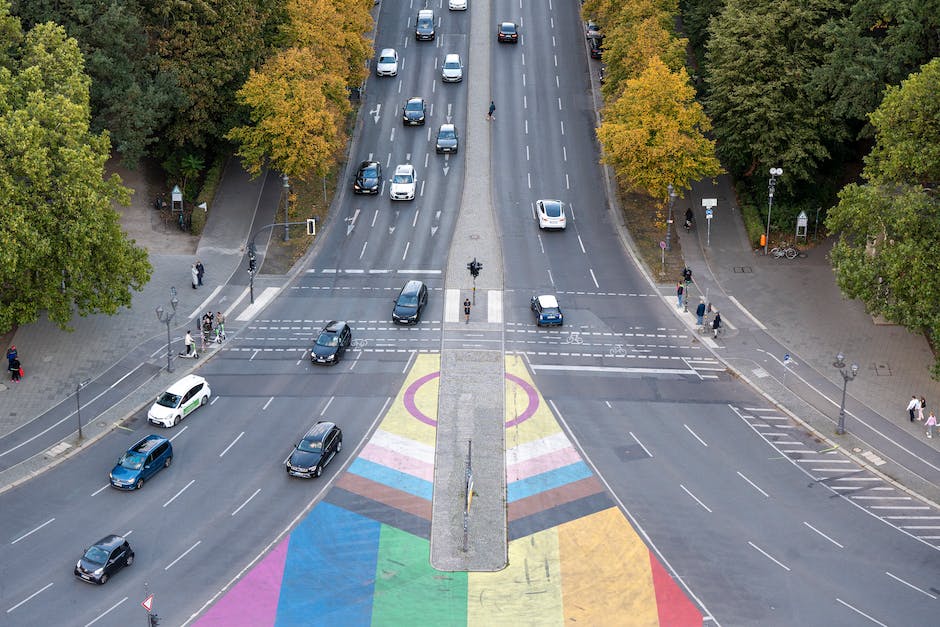Hidden within the lush landscapes of windmills and tulips, exists a nation that dares to dream, to challenge conventions, and to embrace love in all its vibrant hues. The Netherlands, adorned with its iconic rainbow flag, proudly stands as a beacon of progressiveness and inclusivity for the LGBTQ+ community. In this quaint corner of the world, where liberal ideals find their true home, the Netherlands showcases a society that not only accepts, but wholeheartedly celebrates the beautiful spectrum of human identities. From bustling cities to serene countryside, join us as we embark on a journey of exploration through a nation that has carved its path as a shining example of acceptance for all. Welcome to the Netherlands, where love knows no bounds and diversity dances freely.
A Welcoming Landscape: The Protection and Recognition of LGBTQ+ Rights in the Netherlands
Nestled in the heart of Europe, the Netherlands is renowned for its progressive stance on LGBTQ+ rights, creating a truly welcoming landscape for individuals in the community. Through years of collective efforts and legislative advancements, the Dutch society has embraced and championed equality, making it a haven for LGBTQ+ individuals to thrive and express their true selves. This journey towards equality has resulted in comprehensive legal protections, social acceptance, and the recognition of LGBTQ+ rights on various fronts.
Legal Protections:
- The Netherlands became the first country in the world to legalize same-sex marriage in 2001, granting LGBTQ+ couples the full right to marry and adopt children.
- Transgender individuals enjoy legal recognition, allowing for gender reassignment surgery and the opportunity to change legal documents to reflect their true gender identity. Furthermore, anti-discrimination laws safeguard against gender identity discrimination.
Social Acceptance and Inclusion:
- Dutch society has fostered a culture of inclusivity, marked by pride events, LGBTQ+ organizations, and widespread support for community spaces, such as LGBTQ+ bars, clubs, and community centers.
- Education systems prioritize LGBTQ+ inclusivity, promoting acceptance from a young age and providing resources to combat bullying or discrimination.

Inclusive Education: Fostering Acceptance and Understanding in Dutch Schools
In the Netherlands, inclusive education is not simply a buzzword – it is a guiding principle that shapes the educational landscape. Dutch schools embrace the power of diversity by creating an environment where students of all abilities, backgrounds, and experiences are welcomed and celebrated. Through this holistic approach, children learn not only academic subjects but also invaluable life skills that can shape their perspectives and foster a more accepting and understanding society.
One of the key features of inclusive education in Dutch schools is the focus on cultivating empathy and compassion among students. Through interactive and participatory activities, children are encouraged to develop a deep understanding of different perspectives and experiences. For instance, schools organize workshops and role-playing exercises, where students take on roles and scenarios that reflect real-life situations faced by individuals with disabilities or from marginalized communities. By immersing themselves in these experiences, young minds can better appreciate diversity and build lasting connections with their peers.
![]()
Healthcare System: Advancing LGBTQ+ Health and Well-being in the Netherlands
The Netherlands has long been an exemplary nation when it comes to championing LGBTQ+ rights, and its healthcare system is no exception. With a progressive and inclusive approach, the Dutch healthcare system is committed to advancing the health and well-being of the LGBTQ+ community across the country. Here are some key initiatives and services that highlight the continued efforts towards achieving equality and equitable healthcare for all:
1. LGBTQ+ Affirmative Care:
- Accessible LGBTQ+ healthcare clinics and centers have been established across the country, providing specialized healthcare services tailored to the unique needs of the LGBTQ+ community.
- Affirmative care practices actively promote LGBTQ+ inclusion, ensuring that healthcare providers are knowledgeable and sensitive to the specific health concerns and challenges faced by LGBTQ+ individuals.
- Regular training programs are conducted for healthcare professionals to foster LGBTQ+ cultural competency, helping them understand the diverse identities and experiences within the community.
2. Comprehensive Mental Health Support:
- The Dutch healthcare system recognizes the increased risk of mental health issues among LGBTQ+ individuals and provides comprehensive mental health services that are responsive to their specific needs.
- LGBTQ+ youth, who often face unique challenges, are offered specialized mental health support through dedicated counseling services in schools, community centers, and online platforms.
- Support groups and therapy sessions are organized specifically for LGBTQ+ adults, creating safe spaces to address their mental health concerns and fostering a sense of belonging and understanding.

Towards an Equal Society: Recommendations for Further Progress in LGBTQ+ Rights in the Netherlands
As the fight for LGBTQ+ rights continues in the Netherlands, it is important to recognize the significant progress achieved thus far and identify areas in need of further improvement. To ensure the creation of an equal society that fully embraces and supports its LGBTQ+ citizens, recommendations for continued advancement are put forth:
1. Enhancing Legal Protections
The Netherlands has long been a pioneer in LGBTQ+ rights, but there is still more to be done. Strengthening existing legislation and introducing new legal protections will provide a solid foundation for equal rights. Key recommendations in this area include:
- Comprehensive Anti-Discrimination Laws: Expanding existing anti-discrimination laws to explicitly include gender identity and sexual orientation, ensuring that LGBTQ+ individuals are fully protected in all aspects of life.
- Ban Conversion Therapy: Implementing a nationwide ban on conversion therapy, which forcibly attempts to change an individual’s sexual orientation or gender identity, recognizing it as a harmful and ineffective practice.
- Simplified Gender Recognition Process: Streamlining the administrative process for legally changing one’s gender marker, making it more accessible and removing unnecessary hurdles.
2. Strengthening Education and Awareness
Education plays a crucial role in fostering understanding, empathy, and acceptance in society. To further LGBTQ+ rights, it is essential to focus on education and awareness initiatives. Recommendations in this regard include:
- Inclusive Curriculum: Implementing comprehensive and inclusive LGBTQ+-inclusive education at all levels, ensuring that students have access to accurate information and promoting acceptance.
- Sensitization Programs: Providing mandatory training and workshops for teachers, healthcare professionals, and other key stakeholders to raise awareness of LGBTQ+ issues and encourage inclusive practices.
- Public Awareness Campaigns: Launching nationwide awareness campaigns that challenge stereotypes, debunk myths, and promote LGBTQ+ visibility, creating a more supportive and accepting society.
To Wrap It Up
In a world hungering for acceptance and equality, the Netherlands has emerged as a shining beacon of progressivism and inclusivity for the LGBTQ+ community. The small yet mighty nation, nestled in the heart of Europe, has traversed a remarkable path towards embracing and championing diversity, setting an exemplary precedent for the rest of the world to follow.
From the picturesque canals of Amsterdam to the vibrant streets of Rotterdam, the Netherlands radiates an air of open-mindedness and celebration of individuality. It warmly embraces the rainbow flag as a symbol of unity, paving the way for unparalleled levels of acceptance and protection of LGBTQ+ rights. But this inclusive utopia did not manifest overnight; it is the result of decades of relentless activism, legislative reforms, and unwavering determination from a society dedicated to lifting the veil of discrimination that once plagued its queer population.
Peering through the annals of Dutch history, one cannot ignore the monumental turning points that have propelled LGBTQ+ rights to the forefront of the nation’s conscience. The groundbreaking legalization of same-sex marriage in 2001 stands as a testament to the nation’s unwavering commitment to equality, creating a ripple effect across the globe. The Netherlands became the first country to embrace love and commitment in all its diverse manifestations, shattering societal norms and inspiring a wave of change in countless nations.
Aside from legalizing same-sex marriage, the Netherlands has developed a comprehensive legal framework expressly designed to protect LGBTQ+ individuals from discrimination and ensure their safety and well-being. Anti-discrimination laws span across various spheres of life, including employment, housing, and public services. Moreover, transgender people have access to comprehensive healthcare, including gender-affirming treatments, and legal recognition of their true gender identity.
Yet, the true beauty of the Netherlands’ progress does not lie solely within its legal framework; it resides in the hearts and minds of its people. This is a nation that has embraced difference and diversity with open arms, fostering a vibrant and accepting LGBTQ+ community nationwide. From raucous Pride parades that flood the streets with unapologetic joy to the countless LGBTQ+ organizations that offer support and camaraderie to those in need, the Dutch have woven a rich tapestry of compassion, understanding, and shared experiences.
Of course, challenges persist as societal attitudes evolve, but the Netherlands continues to demonstrate an unwavering commitment towards creating a more inclusive society. This nation prospers on the belief that love knows no boundaries and that all individuals, regardless of sexual orientation or gender identity, deserve respect, acceptance, and the freedom to be themselves.
As we conclude this exploration of the LGBTQ+ experience in the Netherlands, let us stand in awe of this nation’s extraordinary progress, which illustrates the immense power of compassion, activism, and legislation working in unison. May the Netherlands serve as a shining example, igniting a global movement towards a future where every individual, regardless of their gender or sexual orientation, can bask in the warm embrace of acceptance and love.

